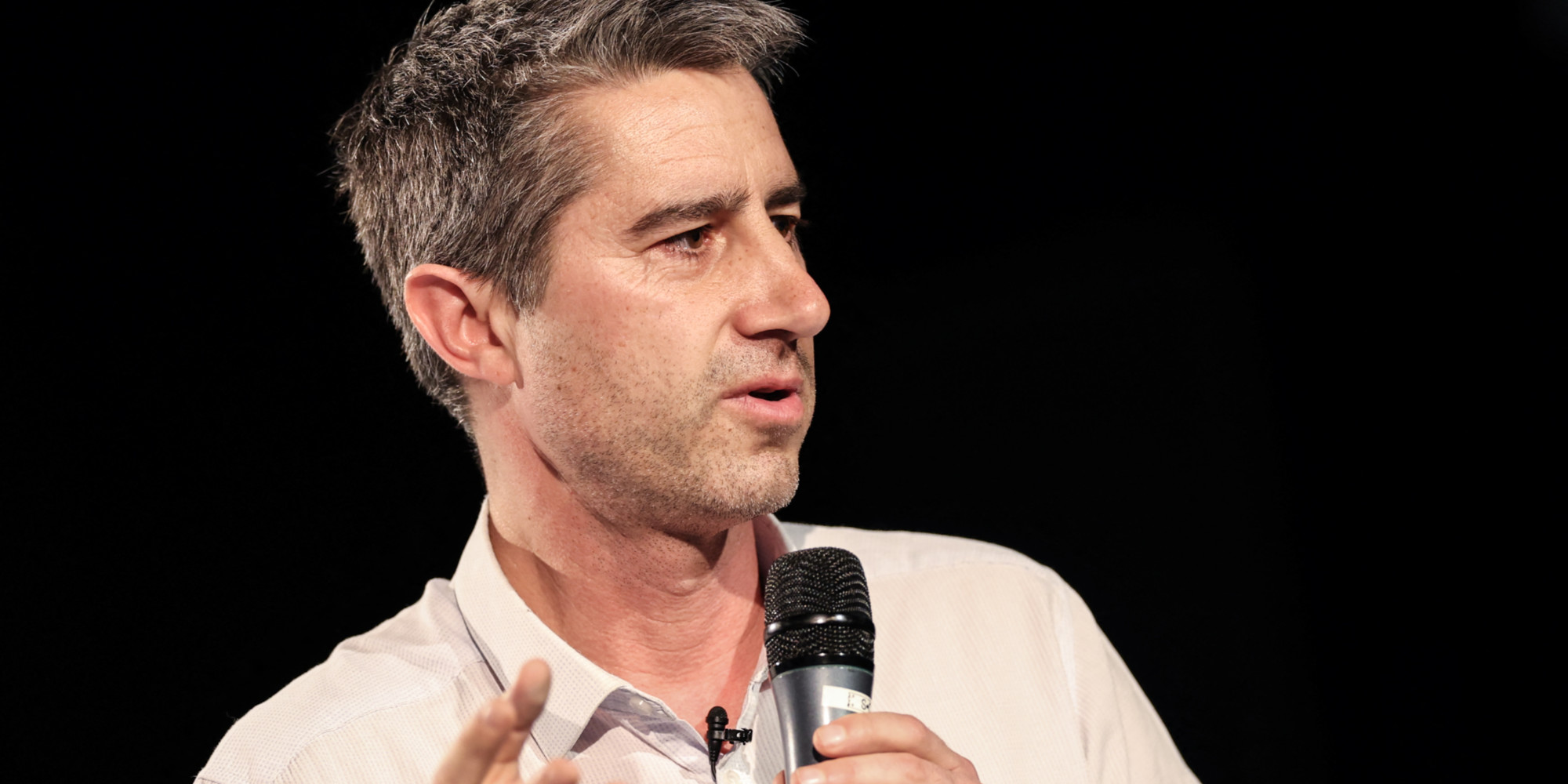Ophélie Artaud / Photo credit: Charly TRIBALLEAU / AFP
As the start of the school year approaches, it may be time for the youngest to decide what physical activity to practice throughout the year. But, due to excessively high prices or difficulties in accessing certain facilities, many children drop out. A situation that should be remedied, for the deputy of Nupes François Ruffin. Guest of Jacques Vendroux in How about we talk sports?, the politician returned to his desire to “democratize” access to sport, especially for the youngest. Because according to him, “sports policy is linked to a youth policy”. “There must be the possibility of accessing the sport you want when you want and that there are no barriers of the wallet”, insists the deputy of the Somme.
“Democratization of Sport”
At the microphone of Europe 1, François Ruffin takes the example of a mother, met at Secours populaire in Abbeville. “She told me ‘my kid wanted to play ping-pong, but given the price that was asked for the license, it’s not possible,’ he recalls. “I don’t find it normal. The priority must be the democratization of sport. It must be that any child who wants to play sport can do so.”
For François Ruffin, this would be possible through a system of “contributions which are made so that it trickles down a little, that where there is a lot of money, there is the possibility of trickling and that the small clubs can receive big clubs”, details the elected official.
“Sport is an educational and health issue”
In some European countries, access to sport for children is free. At the beginning of July, the deputy of the Somme tabled a bill for the holidays, which proposed “equal access to all to the practice of sport”. According to him, for such a system to arrive in France, “it takes political will and setting it as an objective, both sporting and educational”.
“When a kid is not doing well, the fact that he succeeds in this time outside of school, it affects school time, it is proven in many reports”, he explains. “Summer and time outside of school” is based on “inequalities because there are families who can afford to go, who can afford to pay for activities and other families who cannot don’t have the means. There is a great injustice that is created during this time”, adds François Ruffin.
“Sport is seen almost as an insignificant peripheral thing that wouldn’t be important or that it would be just for the champions. Sport is an educational issue, and a health issue. It’s a physical health issue, because the best way to fight obesity is to move. And it’s a question of psychological health so that people feel good in their heads. Playing sports is also about going to meet people, being registered in a collective and being well together”, concludes François Ruffin at the microphone ofHow about we talk sports?
